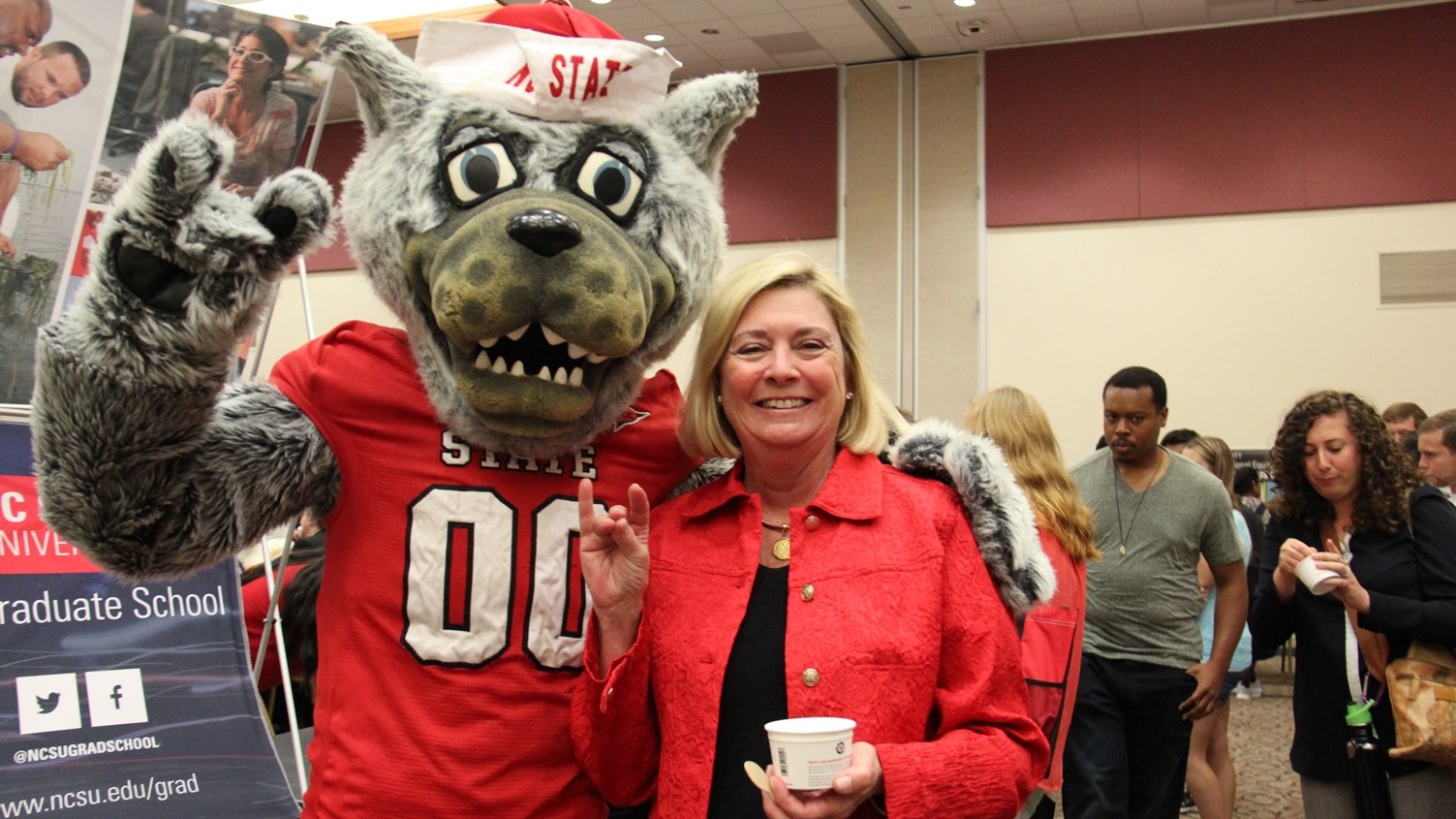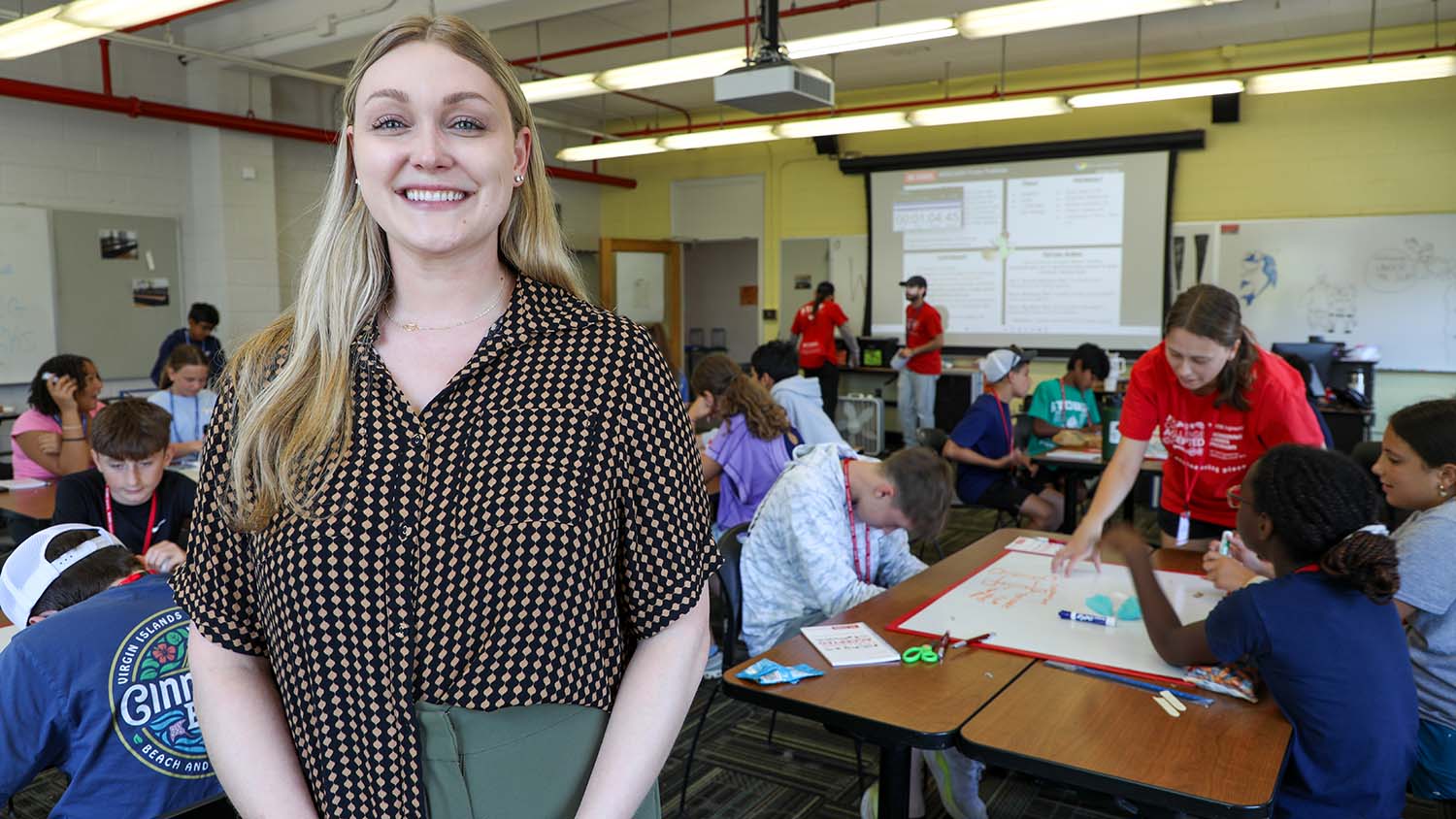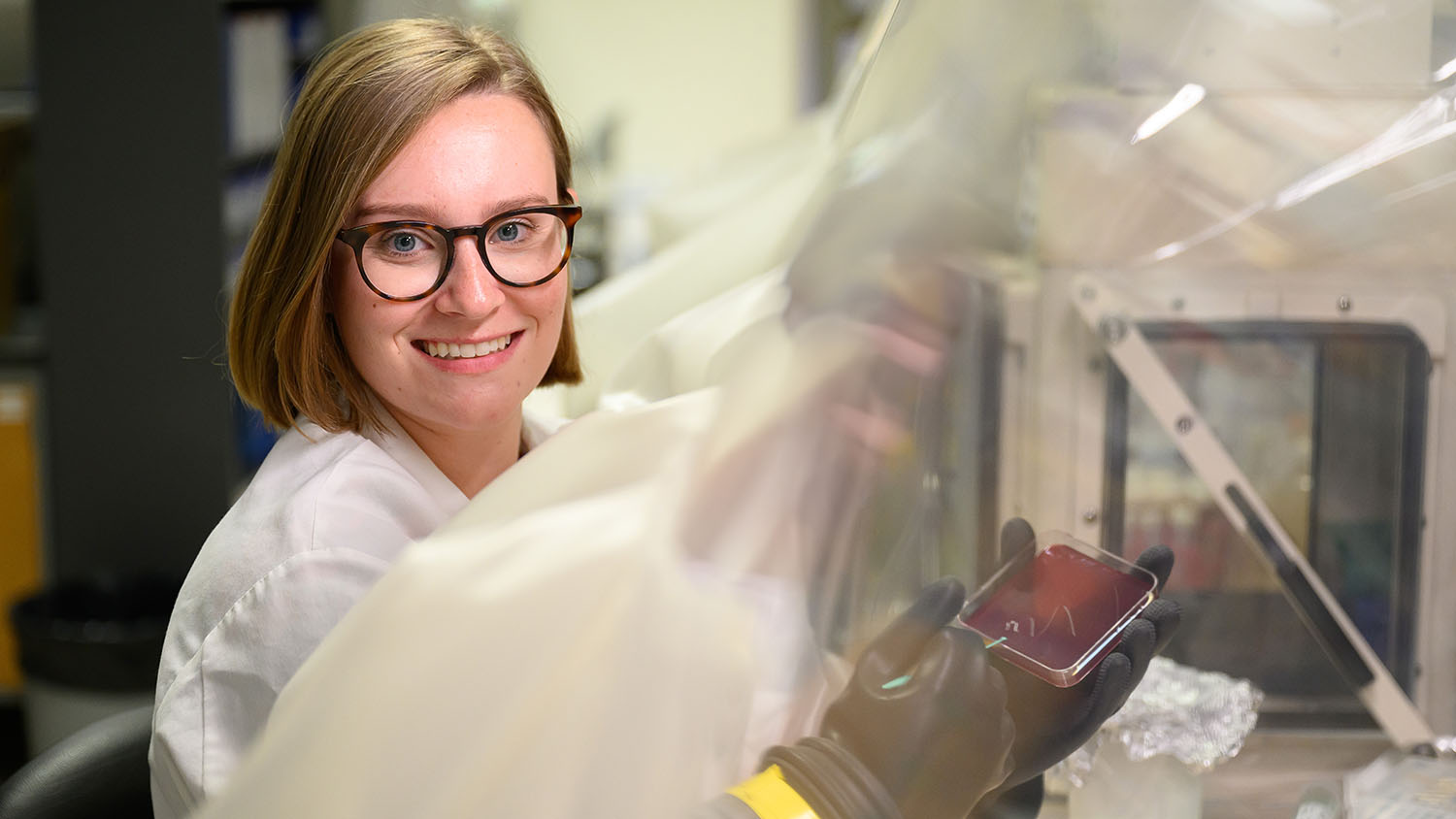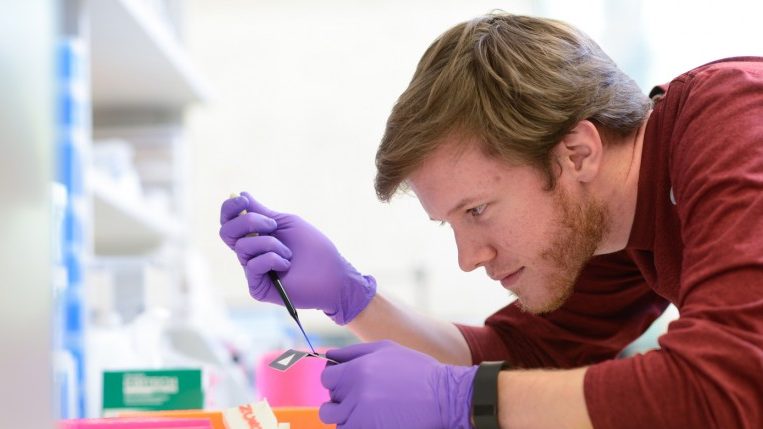Dean’s Scene: Skills You Need to Launch Your Career

Welcome to Graduate School, and welcome back to our continuing students. It is never too early to begin thinking and planning for the next phase of your career.
What do you think employers are looking for in their employees? Some of you are just beginning your Graduate School career, but as you leave for the “work world,” what will give you the “competitive advantage” that employers are looking for? What are the competencies and attributes that will make you successful?
What is your mindset? Are you open, ready, and willing to do what is needed to go above and beyond to take that next step? Are you flexible? Adaptable? Innovative? Do you have a strong work ethic? Are you a critical thinker with a spark for curiosity? Are you an excellent communicator that can communicate impact, the “so what or how so” of what you are doing to different audiences?
Or is your mindset one of entitlement — a sense that your graduate degree entitles you to advance quickly, like moving into the VP’s position within a month? Do you believe that the company owes you something like a management position or a financial incentive to keep you motivated?
From the research I am doing as a member of the National Academies of Sciences, Engineering and Medicine Committee on Revitalizing Graduate STEM Education for the 21st Century, and the NC Plant Sciences Internal Stakeholder Advisory Committee, I am well aware of the challenges facing our graduate students and postdocs as you prepare to enter the workforce.
Today’s workforce environment is more competitive, global, and has different generations (millennials to boomers) working together with different expectations and communication styles. That is why we have reframed how and what we do in the Graduate School with respect to assisting our stakeholders — you — to help you develop the competencies and career-ready skills you need to be competitive and successful in the 21st century job market. But it is up to you, if you are willing, to reframe your mindset to add the valuable tools you will need to advance in your career. If you agree, then this is what I know that can make a difference.
First, start with attitudes and attributes. Go back and read the questions I raised in paragraphs two and three, and take a moment to answer them. These are the attributes that employers are looking for in the key individuals they hire to be part of their team.
Notice I use the term “work team.” Companies put diverse individuals together in a team to think critically, to be innovative and entrepreneurial, while solving problems. Team members need to be able to communicate, listen and understand each other. Today, many teams are global. Thus, every opportunity you get to develop team-building skills and document your ability to work successfully in teams is essential.
Part of being an effective team member is the ability to be open, adaptable and flexible. Take a moment to assess how well you react to change. Most of us don’t like change because of the uncertainty it brings. Are you open to being in a changing environment?
Employers are looking for individuals who can document that they are flexible and adaptable. Think of situations where you had to be flexible and adaptable — what did you do? What was the outcome and what did you learn about yourself. Think about situations in your research, classroom or environment where you dealt with lots of change. Were you flexible and adaptable – or not?
Employers also desire employees with excellent critical thinking skills who are innovative and self-motivated. They seek individuals who can be leaders capable of managing others and not dependent on others for every direction. They are hiring individuals who can think critically about what problems to solve and to go beyond their formal training – ability to learn about other disciplines outside the university setting. Take a look at what you are doing and how you can document your ability to be an innovative critical thinker. How can you demonstrate to an employer that you are a critical thinker with a spark of curiosity?
A strong work ethic is important to an organization (company or academy) in achieving its goals. Employees with a strong work ethic do whatever it takes to get the job done well. They are persistent and do not quit until they have completed the task at hand. They are reliable, dedicated self-disciplined, highly productive individuals. That is why employers are hiring individuals with strong work ethics. Begin to document examples of your work ethic and how it has made a difference to a project.
Strong communication skills — both written and oral — are essential in the workplace. In my research for over 20 years, communication keeps appearing as an important an essential element of advancing in one’s career. Business leaders have told me that it is important for employees to know how to write a proper email, a business memo or letter, in addition to a short one-page prospectus making the case.
Recently, in focus groups with executives, I have heard the importance of being able to make presentations and effectively communicate orally with intelligent diverse audiences. Think about being at reception sitting next to someone you don’t know, and they ask you, “so tell me, what do you do?” Or explaining to a policymaker who will decide if you get funding…they want to know the impact or the “so what” of your work.
The more you practice your communication skills and learn how to be a good public speaker the better. A postdoc recently shared with me that she joined Toastmasters to enhance her public speaking skills. Another person told me how competing in the Three Minute Thesis made a difference when they were applying for funding. They got the grant because they could succinctly and clearly explain what they were doing, why, and the impact or “so what?” Granted, we may not teach you how to write a business memo or effective email, and I know you can explore that and learn.
Integrity, trust and honesty go without question. Integrity fosters trust, and that is essential when working in teams and with clients. These three attributes stretch to every aspect of your work, and it is how people know you.
The key to success is to see opportunities in everything you do to develop your competencies. Whether you are in the lab or the classroom, ask yourself, “what skills am I developing?” and then document them to include on your resume. The baton has been passed to you. Are you the employee with the competitive advantage that prospective employers are seeking? Or just another person looking for a job?
- Categories:


